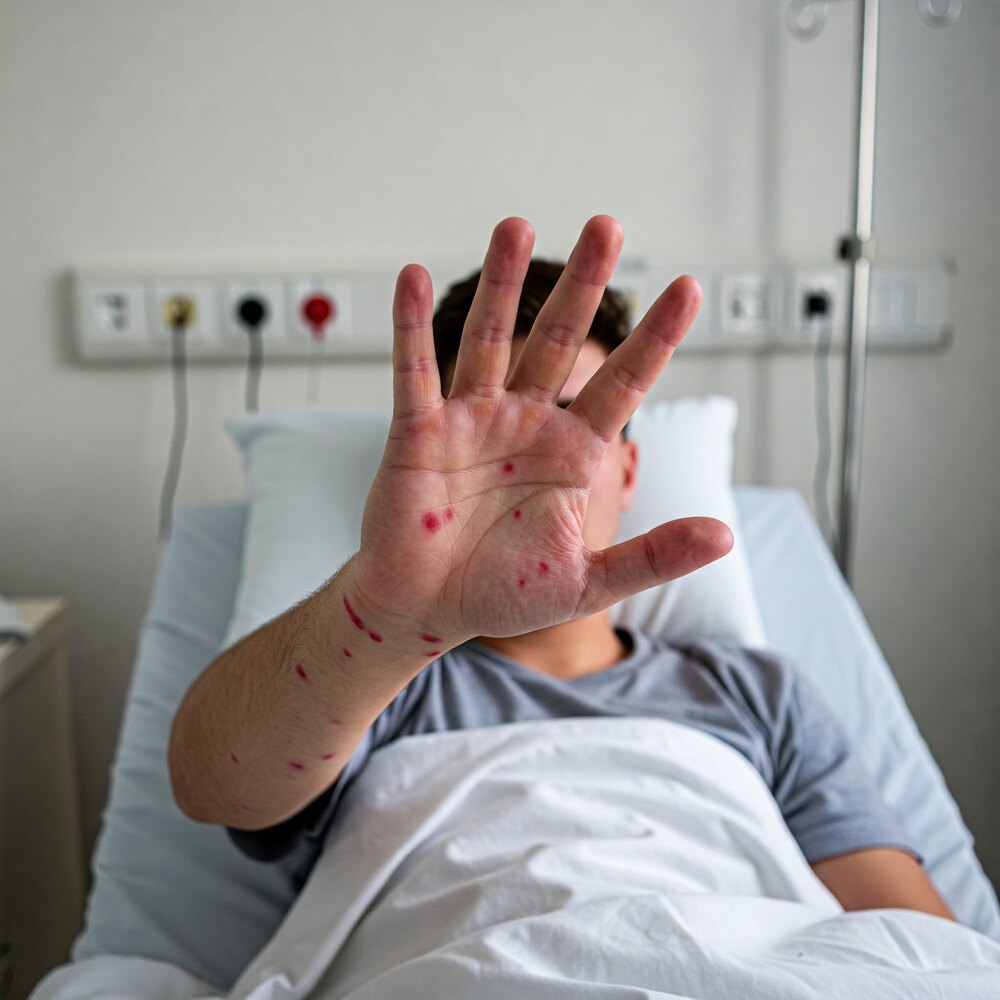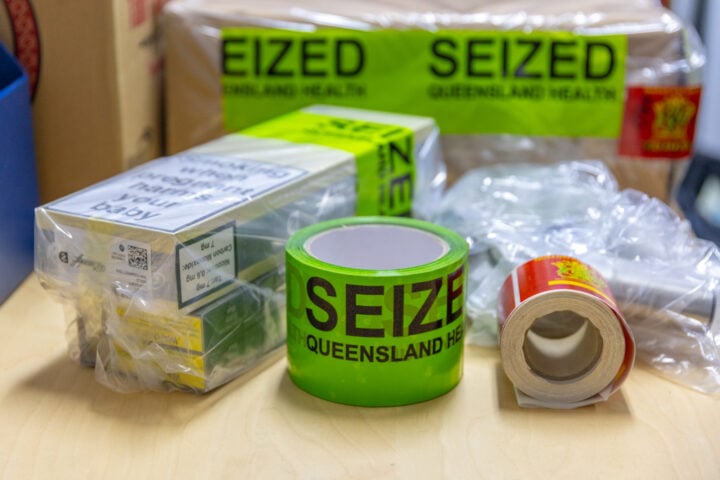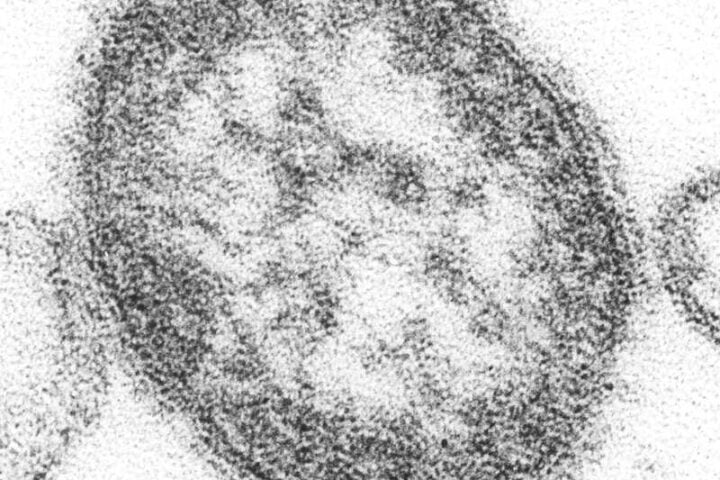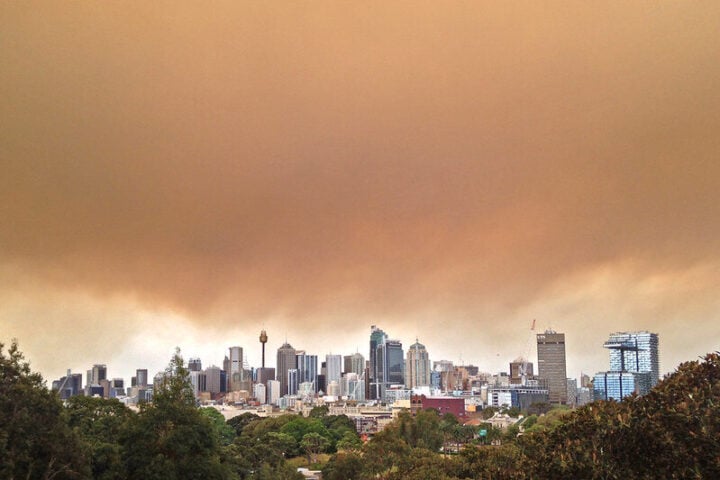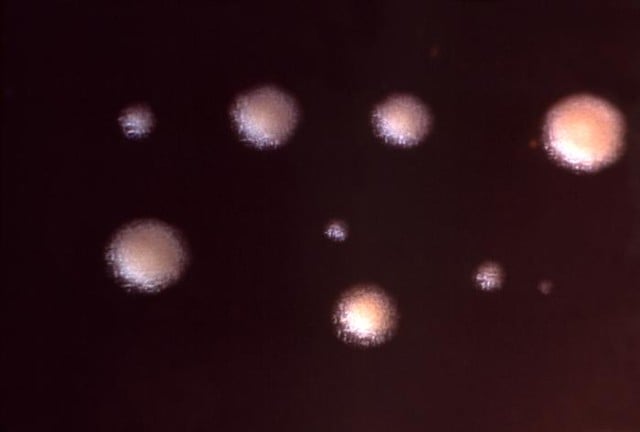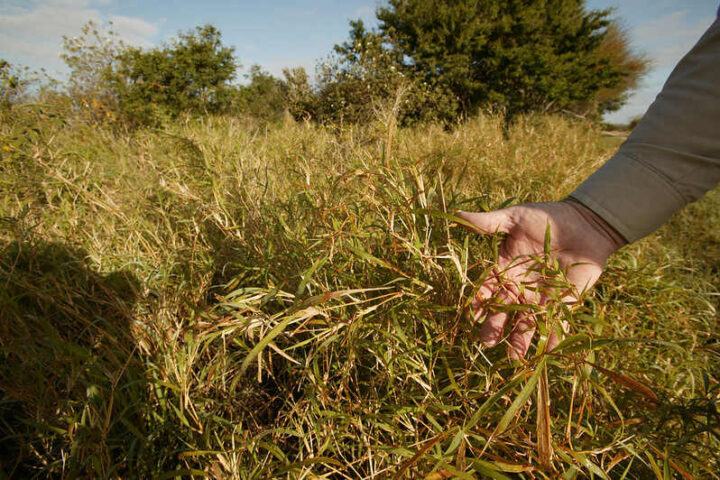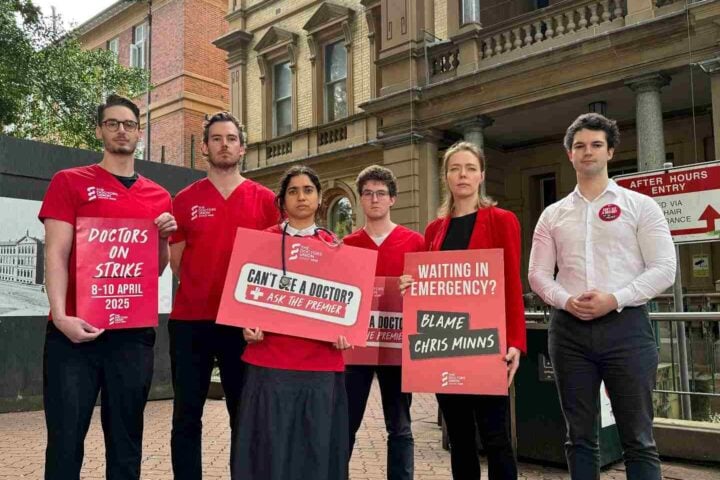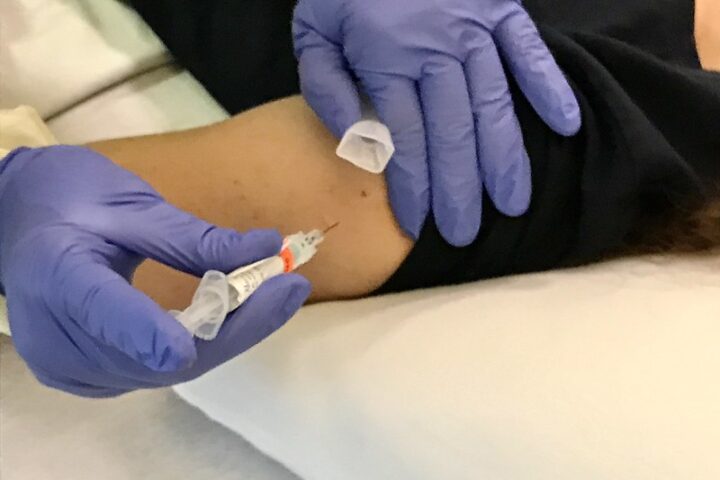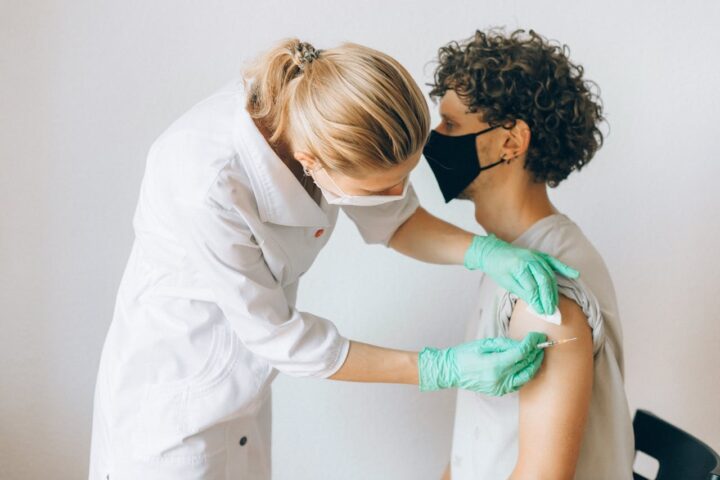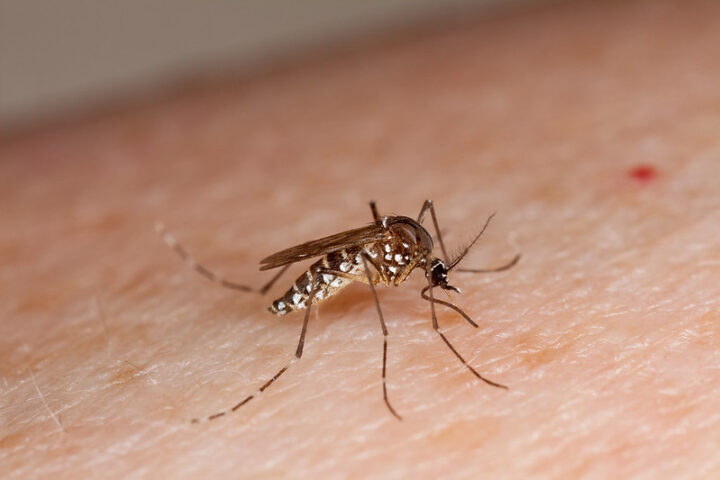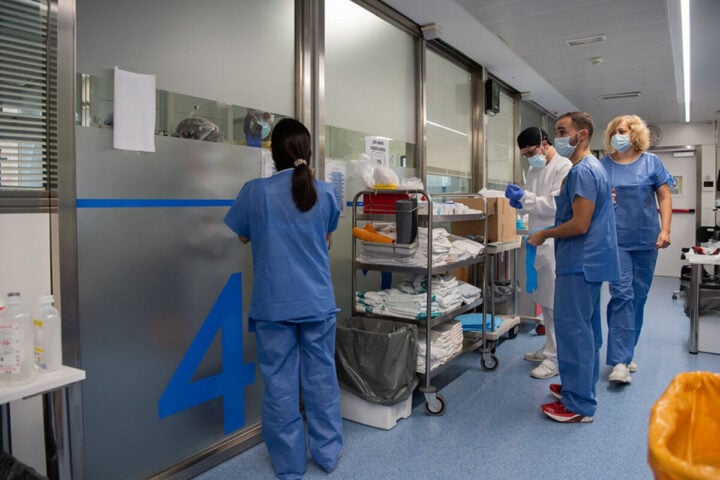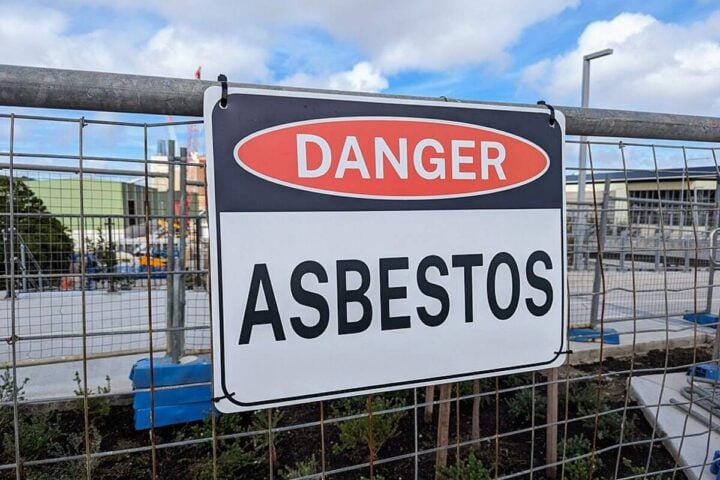The number of measles cases in Western Australia has risen to 14 since March 19, 2025. Health officials have confirmed the disease is actively spreading in Metropolitan Perth and South West communities.
“Measles is highly infectious and can spread through airborne droplets when an infected person coughs or sneezes,” said Dr. Jelena Maticevic, Acting Director of Communicable Disease Control Directorate. “These droplets can remain in the air for up to 30 minutes after an infected person has left a room.”
This outbreak comes at a time when measles vaccination rates for WA two-year-olds have decreased to 91%, below the 95% needed for herd immunity to protect vulnerable community members.
Where Exposure Has Occurred
Bunbury Regional Hospital has been a key exposure site throughout the outbreak. Recent locations also include:
- Woolworths in Dalyellup (April 11)
- Southwest Hospital Pharmacy in College Grove (April 11)
- Bunbury Drive-in Chemist (April 10)
- San Churro in Karrinyup (April 9)
- Boyanup Pharmacy and Post Office (April 9)
- Rotary Park BBQ in Busselton (April 6)
Anyone who visited these places during exposure times should watch for symptoms. The WA Health Department continues to update the full list of exposure sites on their website.
How to Spot Measles
Measles symptoms usually appear around 10 days after exposure but can take between 7 and 18 days to develop. Early signs include:
- Fever
- Feeling tired
- Cough
- Runny nose
- Sore, red eyes
Similar Posts
A distinct red, blotchy rash typically appears 3-4 days after these first symptoms. This rash starts on the face before spreading down the body.
Most people with measles feel very sick. The disease can cause serious health problems including lung infections (pneumonia) and brain inflammation (encephalitis).
Protection Through Vaccination
The Measles-Mumps-Rubella (MMR) vaccine prevents measles. Two doses provide the best protection. Children in Australia typically receive their first dose at 12 months and their second at 18 months.
WA has launched a free catch-up program for people born after 1965 who haven’t had two doses of the vaccine. Free vaccines are also available for people under 20 years without two documented doses and for refugees and humanitarian entrants.
What To Do If You Have Symptoms
If you develop measles symptoms:
- Call your doctor or the emergency department before visiting
- Wear a mask when seeking medical care
- Stay home to avoid spreading the infection
- Contact healthdirect on 1800 022 222 for advice
People with measles remain contagious from one day before symptoms start until four days after the rash appears.

Travel Connections
Several countries are currently experiencing measles outbreaks. Parents of babies aged 6-11 months planning overseas travel should discuss an early MMR dose with their doctor.
Health officials stress that vaccination remains the most effective way to stop measles from spreading. They urge anyone who isn’t fully vaccinated to take advantage of the free catch-up program.
Measles typically begins with a fever, tiredness, cough, runny nose, and red, sore eyes. These symptoms usually appear around 10 days after exposure but can show up anywhere from 7 to 18 days later. The distinctive red, blotchy rash appears 3-4 days after the initial symptoms, starting on the face and spreading down the body. People with measles generally feel very unwell.
Measles is extremely contagious. It spreads through airborne droplets when an infected person coughs or sneezes. These droplets can remain in the air for up to 30 minutes after the infected person has left the room. A person with measles can infect others from one day before their symptoms begin until four days after their rash appears. Those who aren’t vaccinated are much more likely to catch measles if exposed.
You’re likely protected against measles if you:
- Have received two doses of the MMR (Measles, Mumps, Rubella) vaccine
- Were born before 1966 (as you likely had measles as a child and developed natural immunity)
- Have had measles diagnosed by a doctor in the past
If you’re unsure about your vaccination status, check with your GP or immunization provider. They can advise if you need a catch-up vaccination.
If you believe you’ve been exposed to measles:
- Check if you’re immune (through vaccination or previous infection)
- Monitor for symptoms for 7-18 days after exposure
- If symptoms develop, call your doctor or emergency department before visiting in person
- Wear a mask when seeking medical care
- Stay home to avoid infecting others
- You can also call healthdirect on 1800 022 222 for advice
Yes, measles can lead to serious complications including:
- Pneumonia (lung infection)
- Encephalitis (brain inflammation)
- Ear infections
- Dehydration from diarrhea and vomiting
These complications can be severe and sometimes life-threatening. Young children, pregnant women, and people with weakened immune systems are at higher risk for serious complications from measles.
In Western Australia, the measles vaccine (MMR) is available through:
- Your GP or local doctor
- Community health clinics
- Some pharmacies
The vaccine is free for:
- Children as part of the routine vaccination schedule
- People born after 1965 who haven’t had two doses (through WA’s state-funded catch-up program)
- People under 20 years who haven’t had two doses
- Refugees and humanitarian entrants of any age
Contact your healthcare provider to schedule a vaccination.
